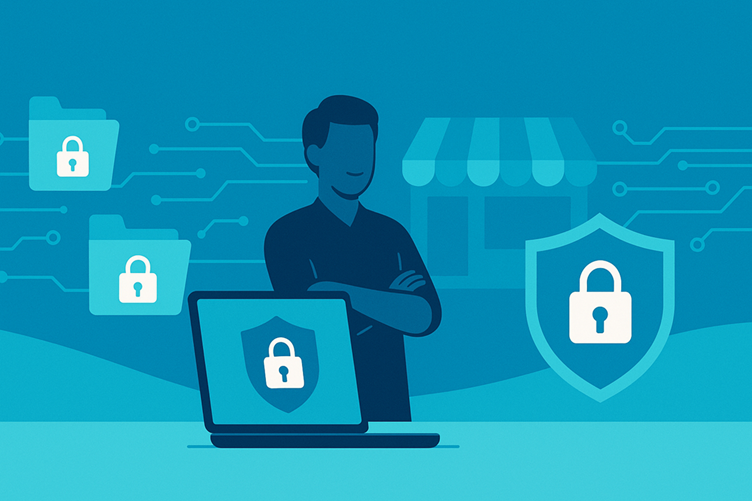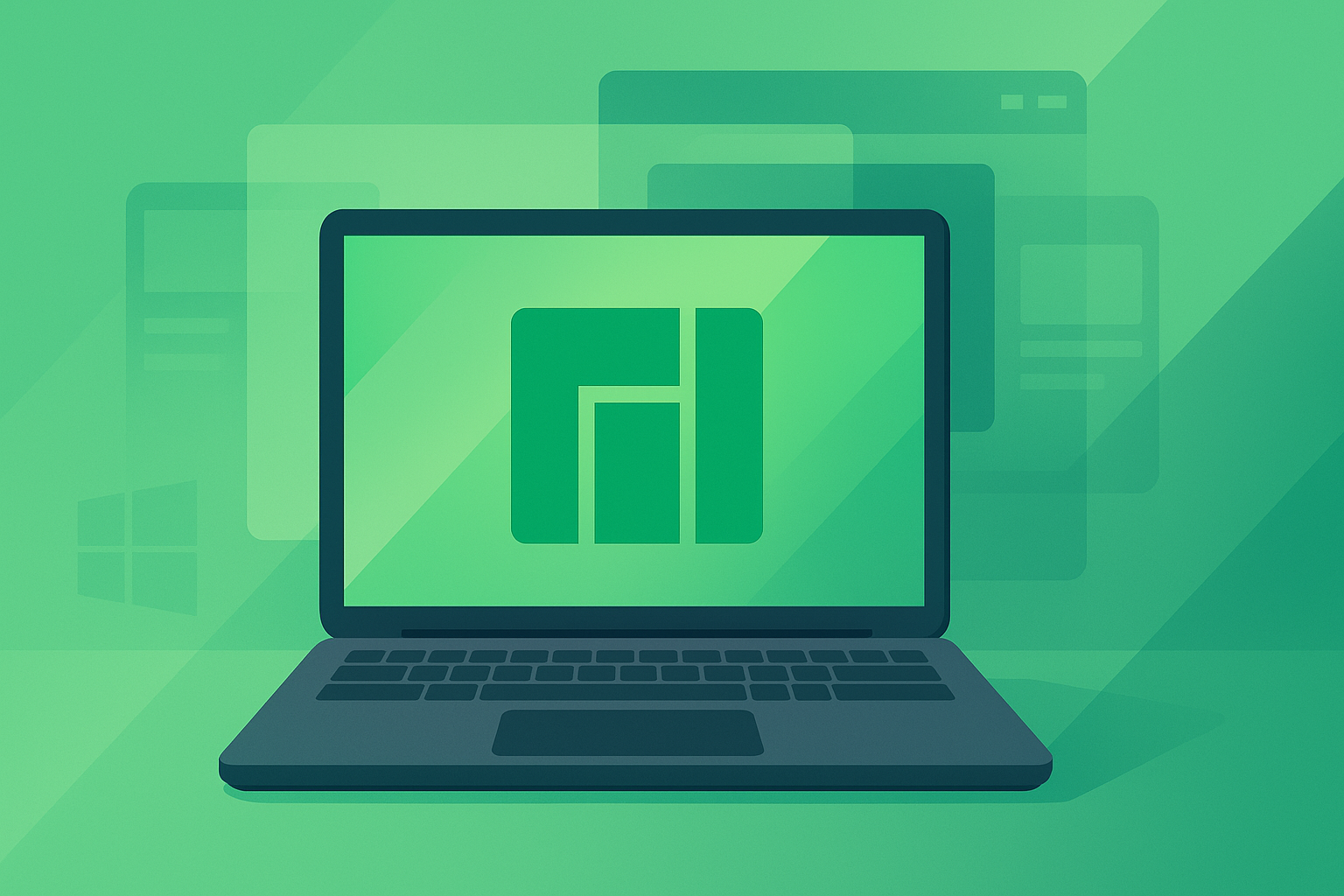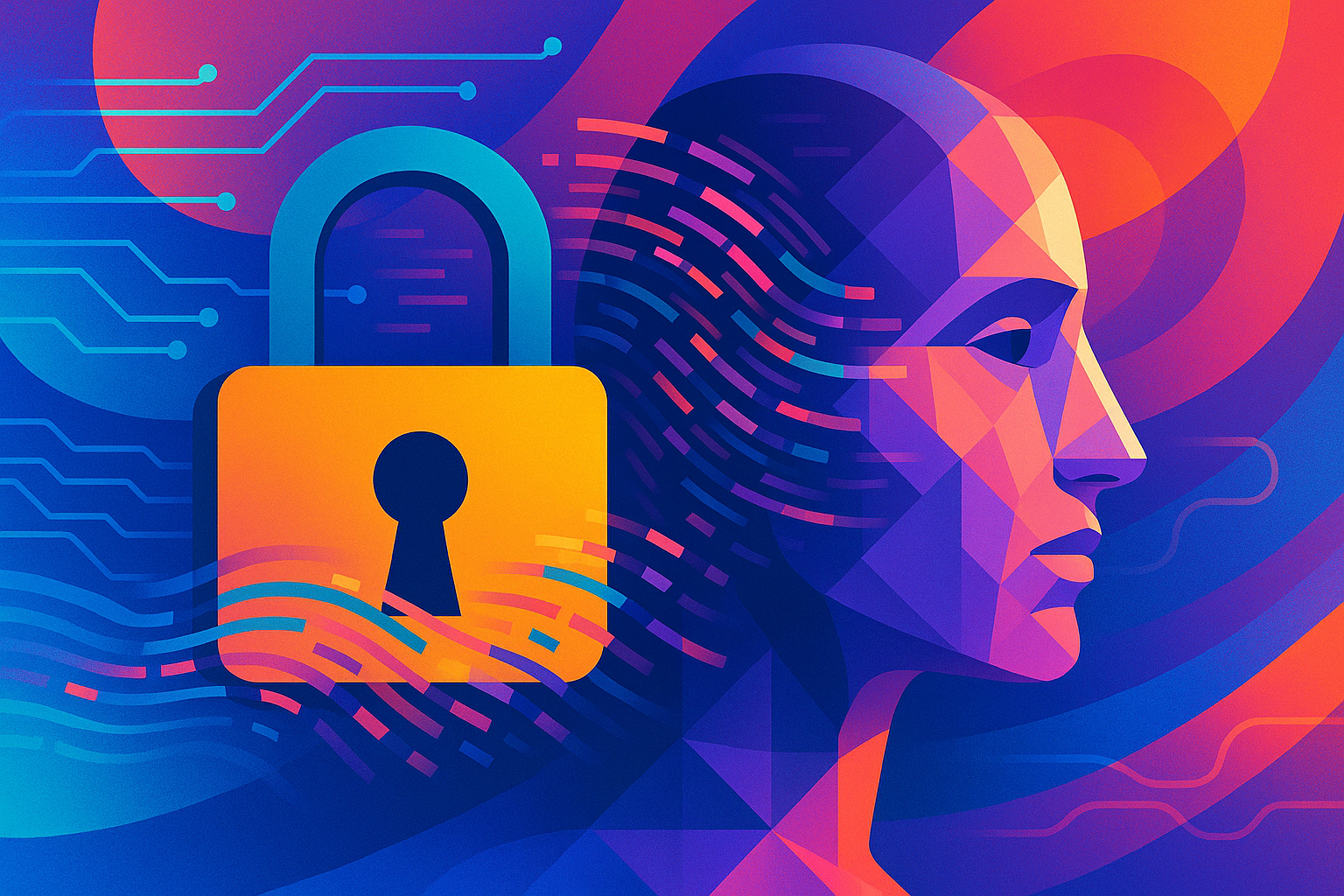When launching a business, excitement often takes center stage—planning your product, building your brand, and getting your first customers. But there’s one aspect that can’t be overlooked: customer data protection. Whether you’re collecting email addresses, payment information, or even just basic contact details, that data is a promise of trust. Keeping it secure isn’t just good ethics—it’s good business.
Encrypt Everything That Matters
Encryption is the backbone of digital security. It turns sensitive data into unreadable code that can only be accessed by those with the right key. Whether it’s customer credit card numbers, login credentials, or email addresses, encrypting this data ensures that even if someone does breach your system, they can’t do much with what they find. Using HTTPS on your website, encrypting stored data, and choosing services that employ end-to-end encryption should be a starting point, not an afterthought.
Get the Right Education
If you’re serious about protecting customer data and want to understand the “why” behind the “how,” pursuing a degree in IT is a powerful move. It can help you learn not only how to secure systems but also how to spot emerging threats and think critically about digital infrastructure. An online degree makes it easier to juggle your business and family obligations while advancing your skills, and there are many types of information technology courses online that cover cybersecurity, networking, ethical hacking, and more.

Strong Passwords Shouldn’t Be Optional
Weak passwords are an open invitation to hackers. As a business owner, you must enforce strong password policies for both you and your team. That means requiring passwords that include a mix of upper and lower case letters, numbers, and symbols—and updating them regularly. Use multi-factor authentication (MFA) wherever possible to add another layer of protection. A strong password policy is one of the cheapest, most effective security upgrades you can implement immediately.
Keep Software Updated
Running outdated software is like leaving your front door unlocked. Hackers often exploit known vulnerabilities in older software versions, so it’s critical to stay on top of updates. This includes your operating systems, website plugins, security tools, and any customer-facing apps or platforms. Automate updates where possible, and designate someone to routinely check for patches and improvements. A well-maintained system is a much harder target for cyber threats.
Train Your Team the Right Way
Your employees are your first line of defense—or your weakest link. If they don’t know how to identify phishing emails, use secure Wi-Fi, or handle customer data correctly, they can unintentionally create serious vulnerabilities. Regular training on data security best practices ensures that everyone knows what to do—and what not to do. These sessions don’t need to be overly technical, but they should be consistent, relevant, and updated as threats evolve.
Use Firewalls and Intrusion Detection
Firewalls serve as digital security guards, monitoring and controlling incoming and outgoing network traffic. When combined with intrusion detection systems (IDS), they help identify suspicious behavior before it becomes a full-blown breach. Setting up a firewall is essential even for small businesses, and intrusion detection tools can alert you to threats you might otherwise miss. Investing in these systems early on builds a proactive defense strategy that evolves as your business grows.
Back Up Customer Data Regularly
Data loss isn’t just about hackers—it can come from hardware failure, software bugs, or human error. That’s why regular, automated backups are essential. These backups should be encrypted and stored in a secure, off-site location (or via a trusted cloud provider). Make it a habit to test your backup systems periodically to ensure they’re working correctly. Being able to recover customer data quickly can mean the difference between a minor hiccup and a major disaster.
Protecting customer data is a responsibility every business owner must take seriously, regardless of size or industry. The good news is that you don’t need a massive budget to build a secure system—you just need the right mindset, tools, and practices. Encrypt sensitive information, restrict access, stay updated, and educate both yourself and your team. With a proactive approach and the right safeguards in place, you can honor the trust your customers place in you—and ensure your business is built on a foundation of security and respect.
Explore the future of technology and innovation with The Skills Factory, where everything is possible and the latest in computing awaits you!
Texts by Sharon Redd




